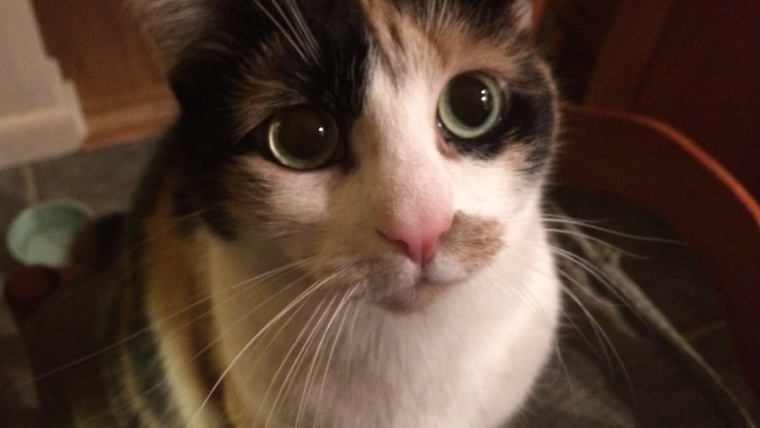Many divorcing or separating couples are choosing mediation as an alternative to litigating over property, children, custody, parenting time and support issues in a divorce. (See BLOG: Mediation For Your Family Law Case). Mediation can also be helpful in a dispute over animal custody – whether or not in a family law situation.
First, it is helpful to explain what mediation is and what it is not. Mediation is the non-adversarial and confidential process of reaching a mutually acceptable agreement through the intervention of a trained, neutral third party. The end product o mediation is a written “Memorandum of Understanding” that can be signed by both parties. Mediated agreements are enforceable in a court of law.
Pet custody mediation is a relatively rare service, offered by the law offices of Gina Calogero. It can be helpful for couples fighting over possession of a jointly held companion animal, parties with competing interests in a rescued animal, disputes between animal welfare organizations and individuals over enforcement of an adoption agreement, or disputes over whether an animal was temporarily or permanently transferred to an individual.
Litigating these issues can be extremely expensive and frustrating. Although New Jersey law does recognize the “special subjective value” of a companion animal to its human family members, many judges have trouble understanding why anyone would spend the time and money to fight over “just” a dog or cat. We at the law offices of Gina Calogero are animal friendly. We know your companion animals are members of your family, , and we understand why you can’t give up fighting for them. We also understand that there are two sides to every dispute.
For example: what if someone loses a pet, places ads in papers and put signs on utility poles throughout the neighborhood, but someone who finds the animal adopts it before the original owner finds out? They both love the animal, both want to keep the animal t, and are both willing to fight for it. If these parties go to court, one will win and the other will lose. But if they mediate using the services of Gina Calogero, she will help them reach a solution that they can both live with.
Parties often find that mediation is less confrontational than litigation. They meet each other in a room with the mediator, and present their ideas to each other face to face. In litigation, they communicate through their attorneys, creating another layer that can lead to misunderstandings or posturing. Mediation is non-adversarial, meaning that the goal of mediation is an agreement; in litigation, the goal is winning the argument. Generally speaking, mediation is less costly than litigation and less time consuming. It can also be less contentious that litigation.
The greatest advantage to mediation is that the parties control the agreement, not a judge. Nobody can be forced into anything he/she finds unacceptable. In a case that is tried to conclusion, the judge will dictate the outcome. Often, neither party is happy with the results. The remedy of appeal is limited after a trial; moreover, the parties’ assets may be depleted after months or years of litigation.
A trained family law mediator and animal law attorney like Gina Calogero can help people identify the issues in their case, understand each other’s position, explore creative solutions and facilitate compromise. Learn more about family law and animal law as it pertains to pet custody issues during the divorce process.




